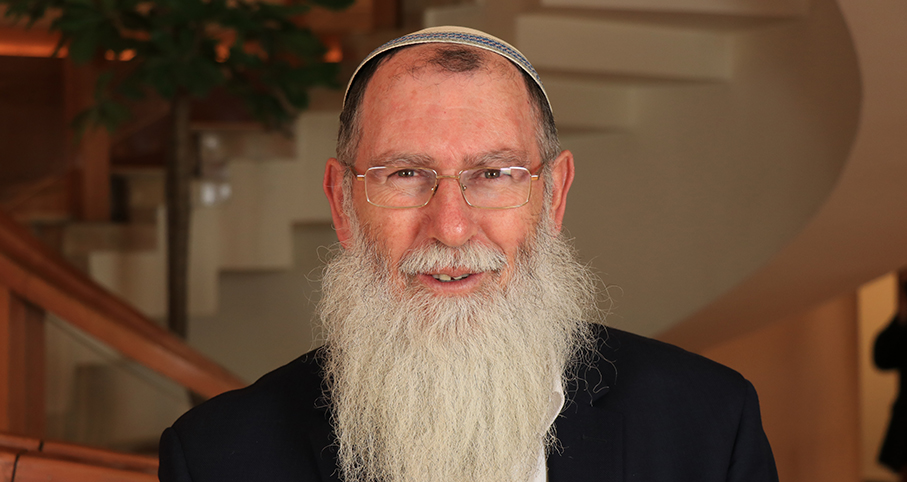Beit Midrash
- Torah Portion and Tanach
- Bereshit
- Vayishlach
Yakov sends angels in advance to Esav to inform him that he is on his way to meet. Couldn’t these angels have warned Esav not to harm Yakov, just as Avimelech was told to stay away from Sara? And in the end, Esav
doesn’t lay a finger on Yakov; the disaster he so dreaded is one disappointing dud! So why was Yakov so fearful?
The key to understanding this whole scenario lies in Yakov’s encounter with the angel. He is alone, yet not quite alone. He wrestles with his deep-seated fear that he – the upright man of Truth, the Ish Chalak - is anything
but. Did he cheat Esav out of his birthright? Did he flee, like a coward, to the house of Lavan rather than confront his brother? Did he swindle Lavan out of his flock, as Lavan alleges? Why, oh why, is he constantly surrounded
by subterfuge rather than sincerity? This is what torments his soul.
The p’sukim dealing with the angel fixate on the word, "panim," face (or variations thereof). Just look at 32:31: "And Yakov called the place (of the encounter) P’niel, for I have seen the Divine face-to-face, and saved my soul."
The face is the body’s most open feature; it reveals everything about us (which is why many countries now ban the full covering of the face). The opposite of the face is the heel, which is hidden and covered. Is Yakov – whose
very name means "heel" – open and honest, or is he indeed a heel? This is the fight he must wage – within himself – and no one can fight it for him. Once he comes to grips with his true persona, Esav is just a powder-puff.
And so the name he receives from the angel, and later is confirmed by Hashem, is "Yisrael," which has the root of "yashar," straight, or honest. But still he retains his original name, Yakov, because this struggle is ongoing and eternal. His descendants – we Jews - must also battle against those who accuse us of being under-handed, devious; that we stole our land rather than fairly inherited or won it.
Like Yakov, each of us must battle our inner fears and traumas. We must be certain our behavior and struggle is moral, justified and noble. Guilt, if we let it, can weigh like an anchor around our necks; we must free ourselves of it
by acting in a holy fashion. Then we truly live up to the name Yisrael, as individuals and as a nation, and have nothing to fear from the Esavs of the world.

Rachel Imeinu: The Mother Who Never Stops
Rabbi Shimon Cohen | Kislev 15 5782

The Prohibition of Chanufah
Rabbi Yirmiyohu Kaganoff | Kislev, 17, 5783
























